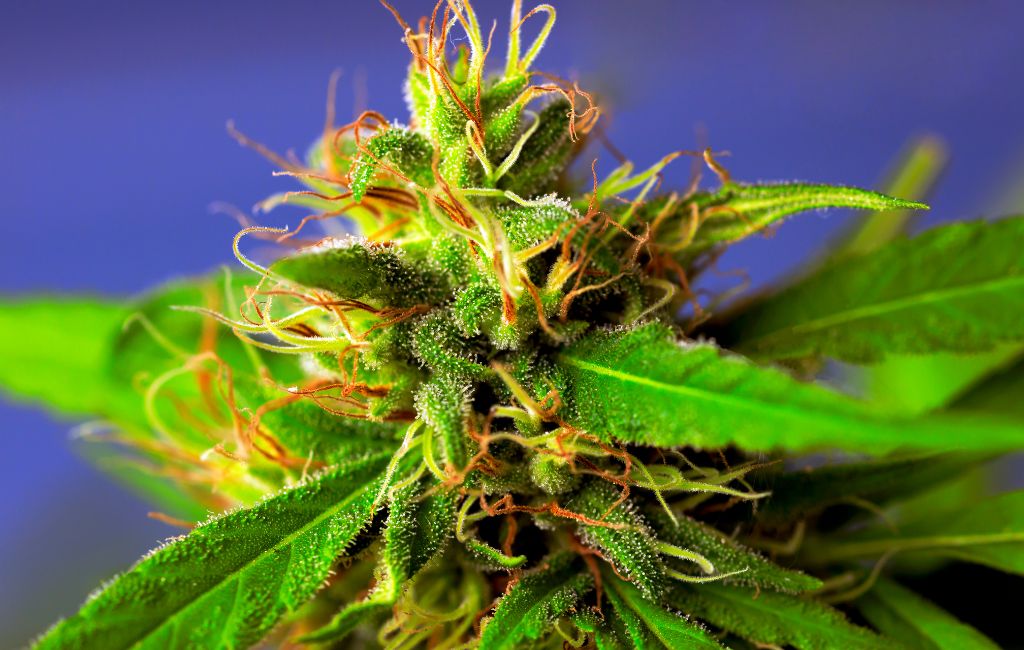THCa Flower: Unveiling the Benefits of Cannabis in Its Raw Form
The cannabis plant has been a subject of intrigue and research for decades. While much attention has been given to THC and CBD, another compound, THCa, is gaining recognition for its unique properties and potential benefits. This article explores the advantages of consuming cannabis in its raw form, focusing on THCa flower.
Understanding THCa
THCa, or tetrahydrocannabinolic acid, is a non-psychoactive cannabinoid found in raw cannabis. Unlike THC, THCa does not produce a “high” when consumed. This compound is the precursor to THC and converts to THC through a process called decarboxylation, which occurs when cannabis is heated.
Health Benefits of THCa
Research suggests that THCa may offer several health benefits without the psychoactive effects associated with THC. Some of these benefits include:
- Anti-inflammatory Properties: THCa has shown promise in reducing inflammation, which can be beneficial for conditions like arthritis and other inflammatory diseases.
- Neuroprotective Effects: Studies indicate that THCa may help protect brain cells, potentially offering benefits for neurodegenerative diseases such as Alzheimer’s and Parkinson’s.
- Anti-emetic Effects: THCa may help reduce nausea and vomiting, making it a potential option for patients undergoing chemotherapy or those with chronic conditions that cause nausea.
- Antioxidant Properties: THCa has been found to have antioxidant properties, which can help protect cells from damage caused by free radicals.
Consumption Methods
There are various ways to consume THCa flower to reap its benefits. Some popular methods include:
- Juicing: Fresh cannabis leaves and flowers can be juiced to create a nutrient-rich beverage. This method preserves the THCa content and provides a convenient way to consume raw cannabis.
- Salads and Smoothies: Adding raw cannabis leaves and flowers to salads or smoothies is another way to incorporate THCa into your diet. This method allows for easy consumption while maintaining the raw form of the plant.
- Tinctures: THCa tinctures are available for those who prefer a more concentrated form of the compound. These tinctures can be added to food or beverages or taken sublingually for faster absorption.
Case Studies and Research
Several studies and anecdotal evidence support the potential benefits of THCa. For instance, a study published in the British Journal of Pharmacology found that THCa exhibited anti-inflammatory properties in animal models. Another study in the Journal of Neuroimmune Pharmacology suggested that THCa might have neuroprotective effects, highlighting its potential for treating neurodegenerative diseases.
Anecdotal evidence from patients using THCa for various conditions also supports its potential benefits. Many users report reduced inflammation, improved mood, and decreased nausea after incorporating THCa into their routines.
Legal Considerations
The legal status of THCa varies by region. In some areas, raw cannabis and THCa products are legal for medical or recreational use, while in others, they remain restricted. It’s important to research and understand the laws in your area before purchasing or consuming THCa flower.
Conclusion
THCa flower offers a unique way to experience the benefits of cannabis without the psychoactive effects of THC. With its potential anti-inflammatory, neuroprotective, anti-emetic, and antioxidant properties, THCa is an exciting area of research and interest. As more studies emerge, the understanding of THCa and its benefits will continue to grow, providing new opportunities for those seeking alternative health solutions.
